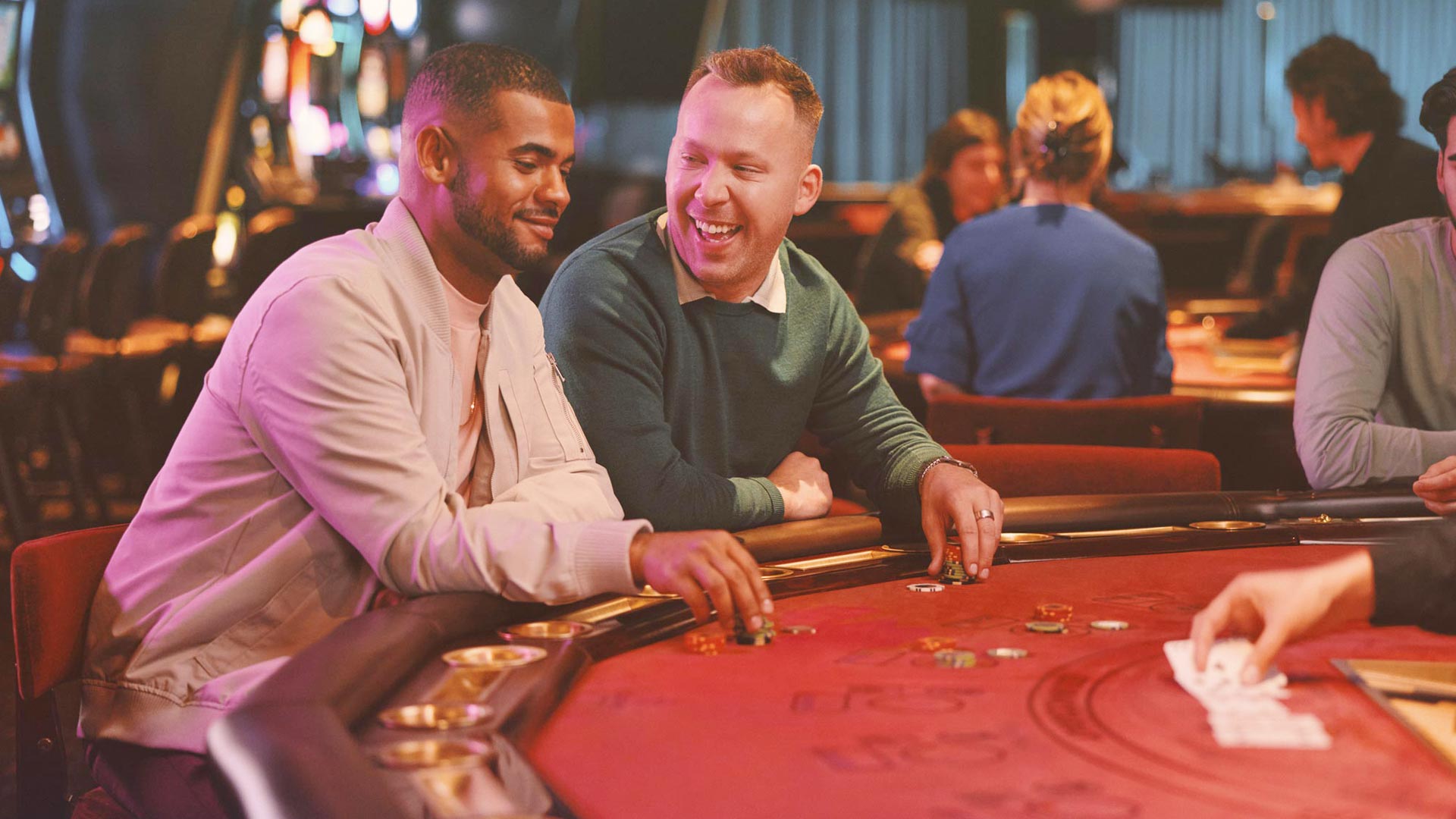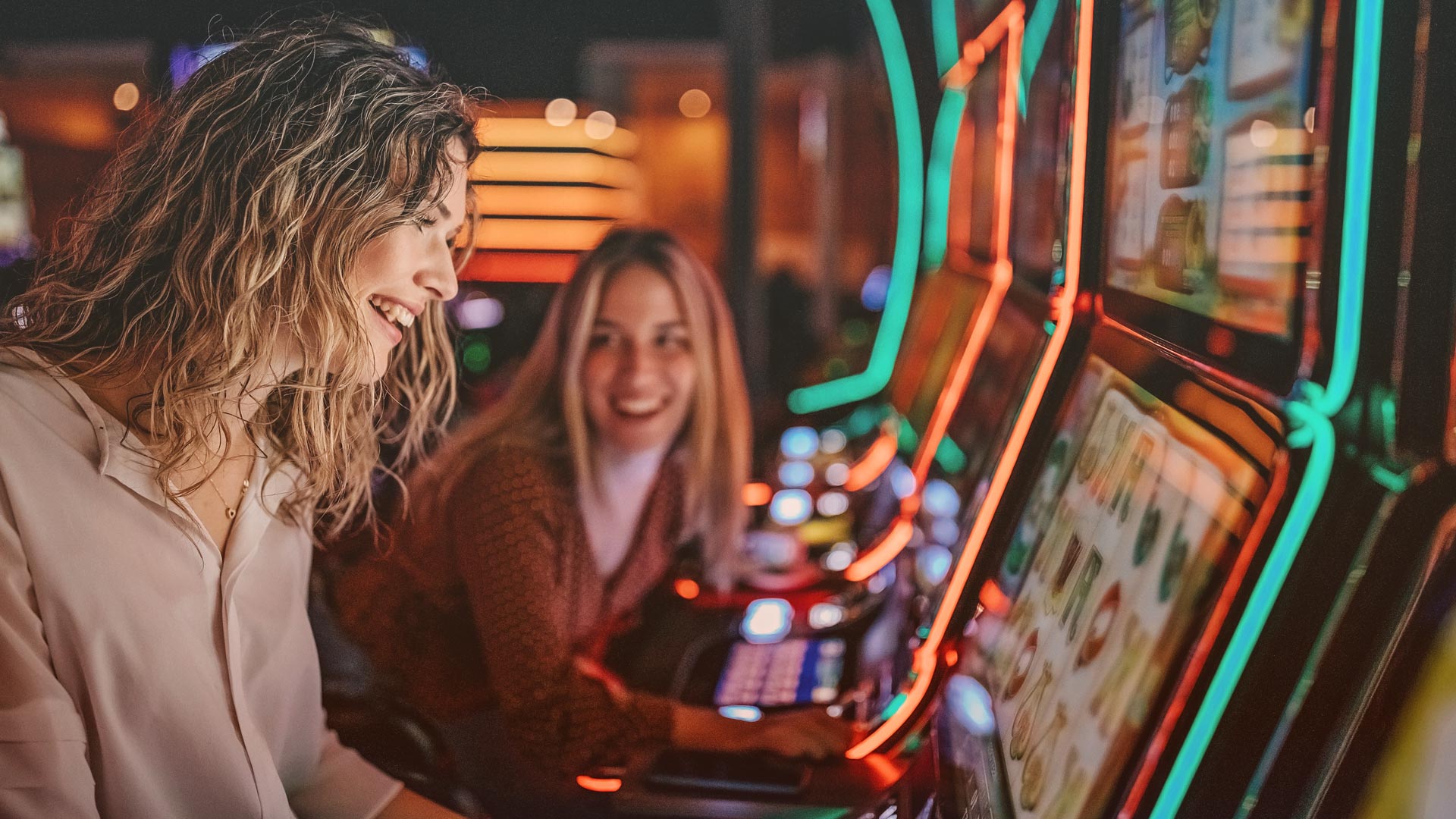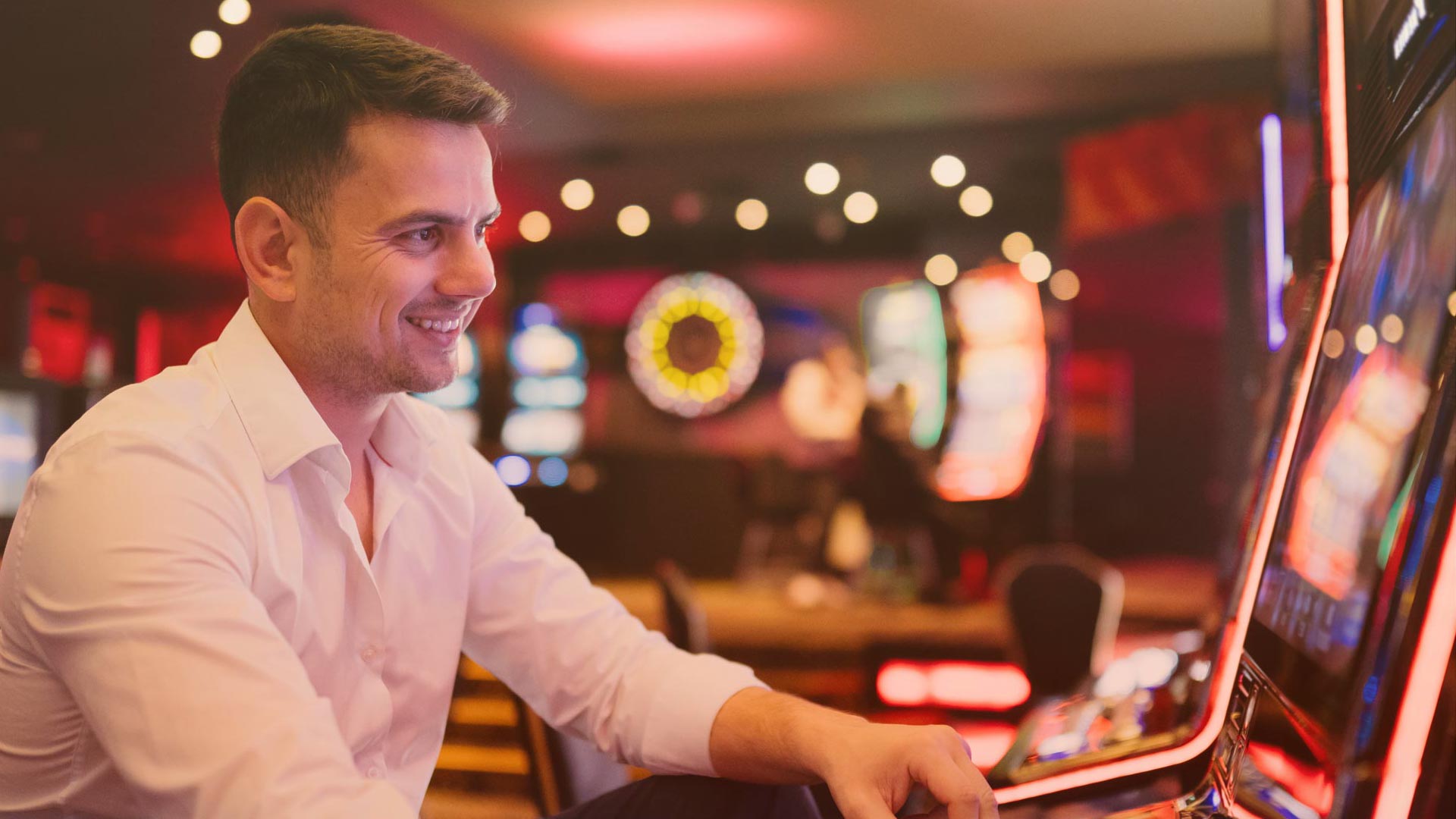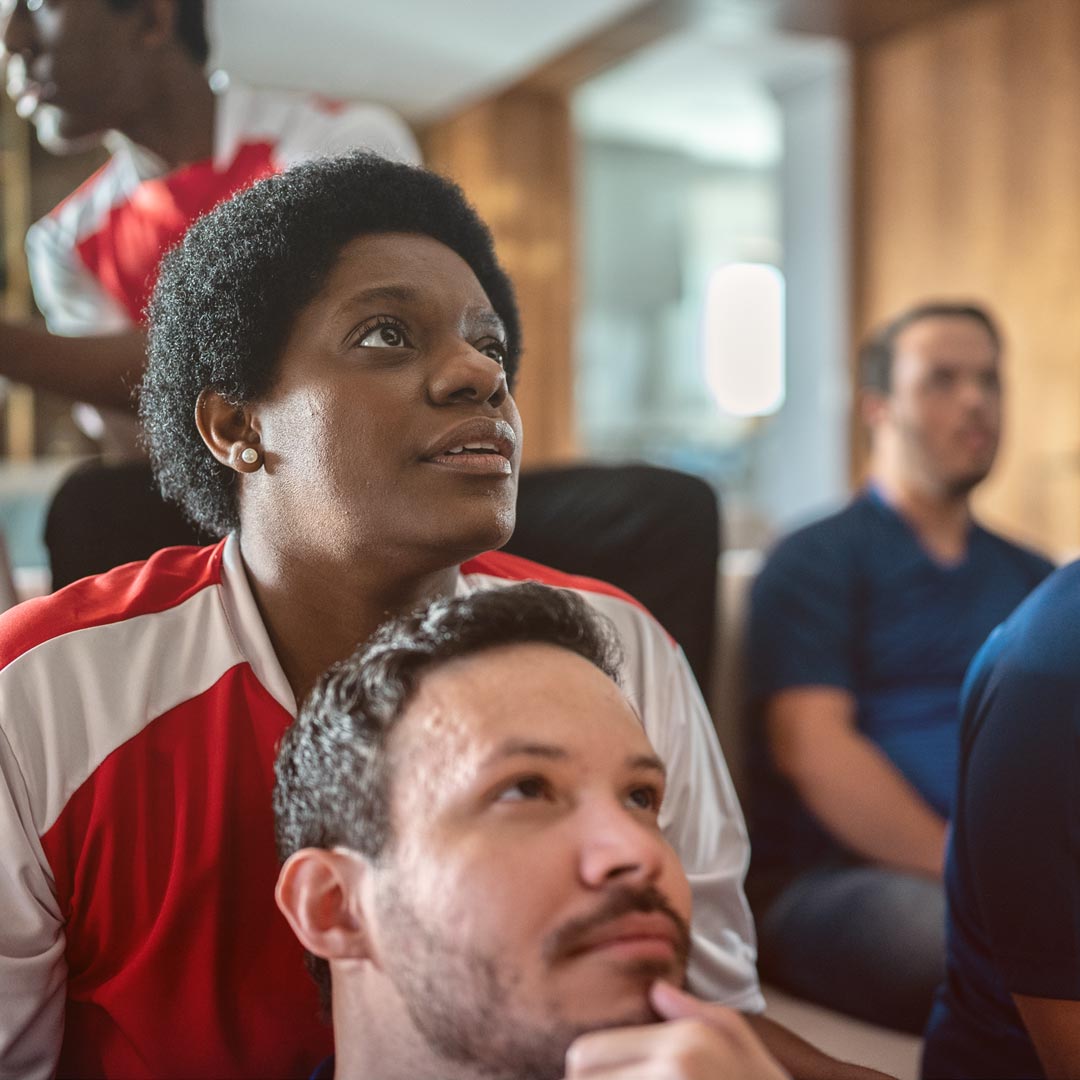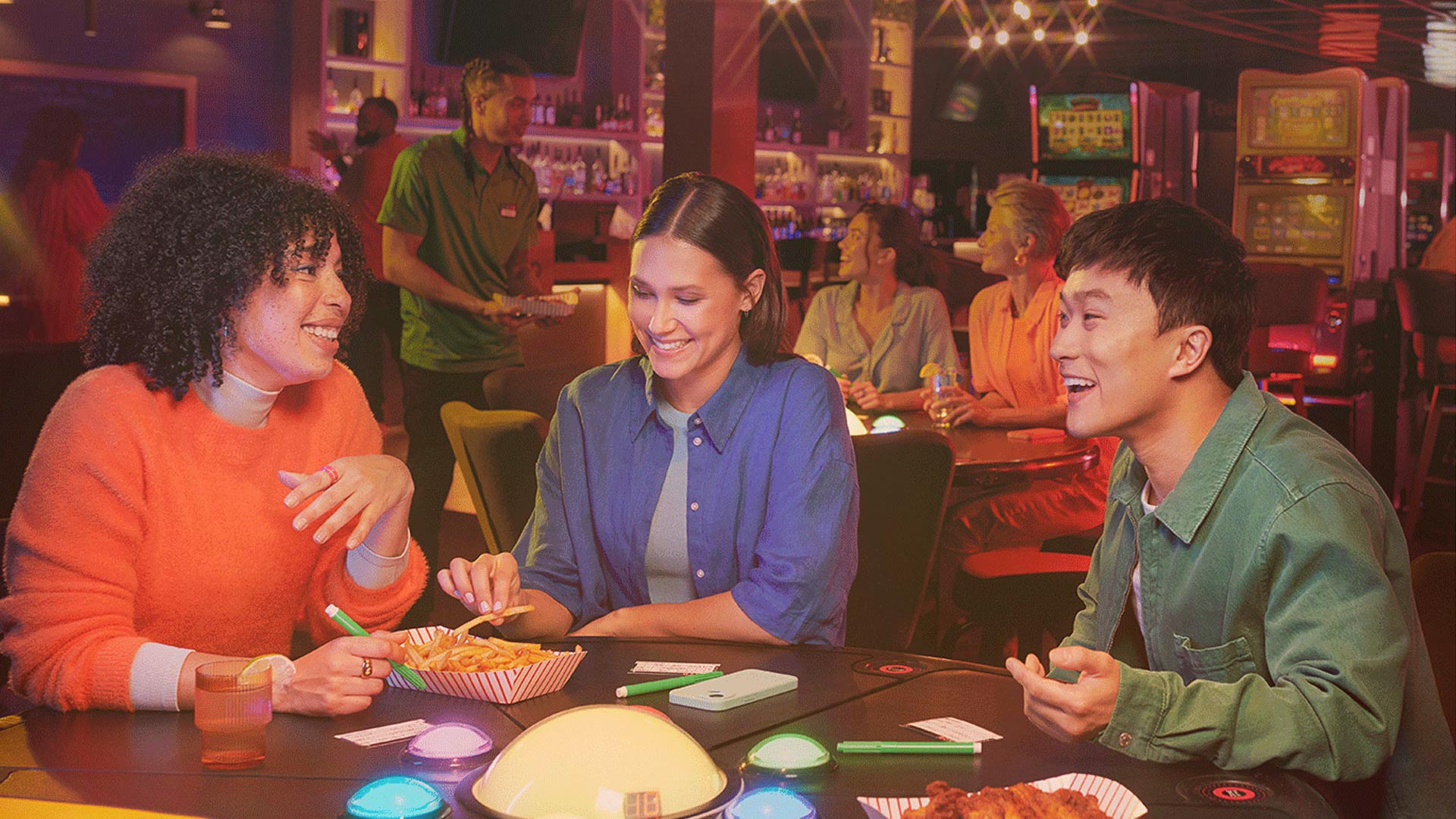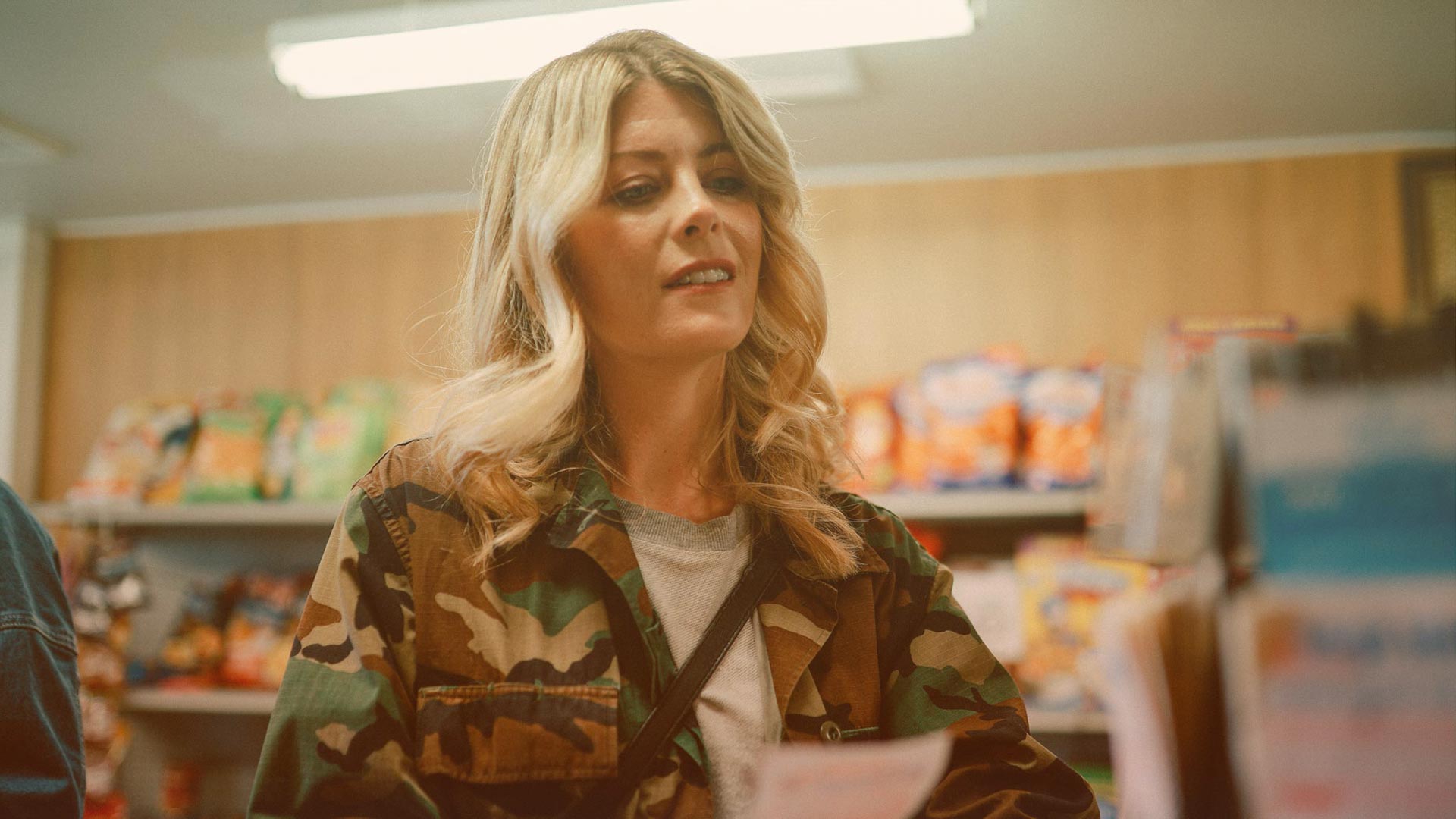Table and Casino Games
Table and casino games are highly popular, especially card games. Unlike other games of chance, they may involve some skill: we can learn aspects of the game that can help us make decisions as we play. For instance, we can choose how much to wager or whether we draw an extra card, develop strategies and even learn to bluff. But chance often ends up thwarting our plans.
How chance thwarts our plans
Chance before skill
Chance is always a factor in table games. Even if we bluff, as in poker, we still can’t control which card will be dealt, our opponents’ hands or their bluffing skills. We can certainly hope to win—but we should expect to lose. Chance, along with odds and unpredictable results, usually favours the house.
The house edge
The dealer plays according to the house's rules, giving them a mathematical advantage over players. This is what we call the house edge or house advantage. Players can win in the short term but will usually lose more money than they’ll win in the long run.
We always take a risk when we play—the risk of losing. But we need to remember that while the house also takes a risk, it’s a calculated one that works in its favour.
The same happens with casino games such as Sic Bo and craps
The odds of getting one face of each die or another are always 1 to 6 every time we throw the die and regardless of previous outcomes. There’s no way to guess what the upcoming results will be. Even if it’s rare, we could get the same series of numbers several times in a row.

